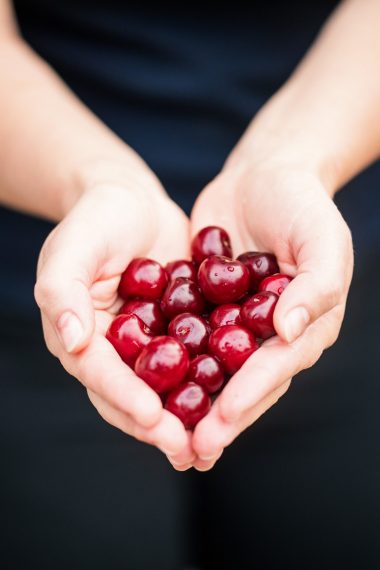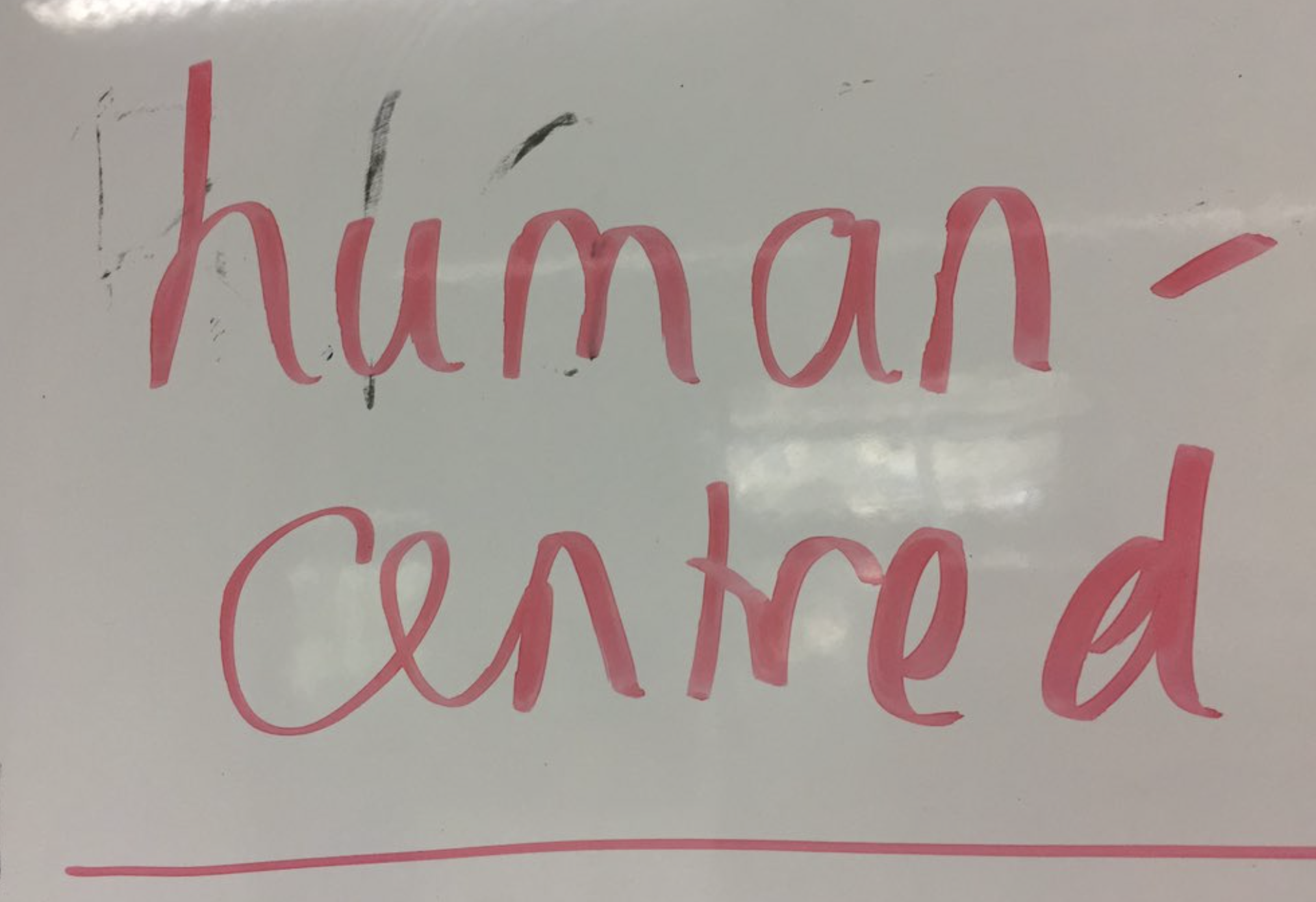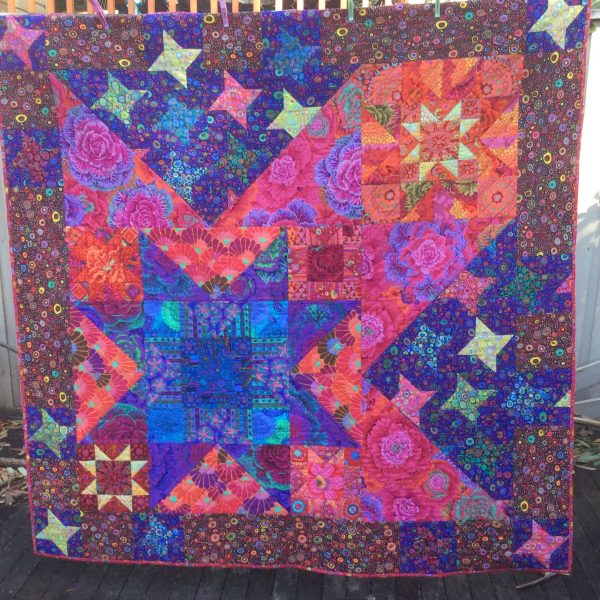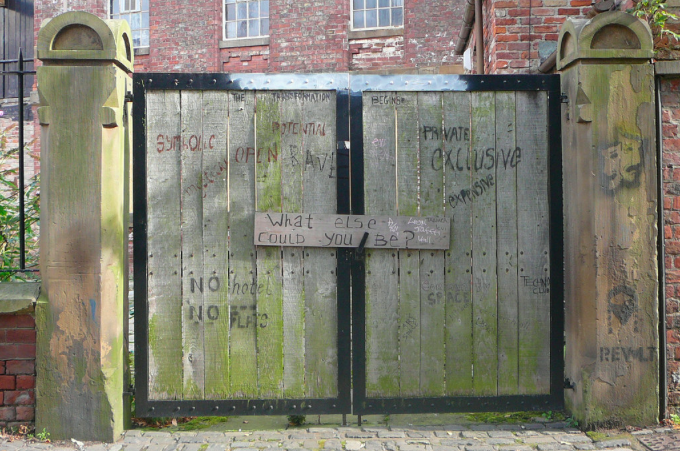When the choices and rhythms of lives change, as they have in our time, the study of lives becomes an increasing preoccupation.
Mary Catherine Bateson, Composing a Life, 1990
1.
My mum Gwen was born in 1921. Tomorrow would have been her birthday, and I’ve been thinking about her, and the stories that she told me about her life.

Gwen and her siblings experienced wartime at the same age as university students in our classes today. Gwen was 18 in the first year of the war, and 24 when it ended. She lived and worked in London, and by the time her recollections of that time in her life were turned into stories for me, they had taken a shape.
Here is a story she liked to tell.
She was cycling home from work one day, when she saw that a market stall near where she lived was selling cherries. Cherries were a rarity, and there was a long queue. Gwen parked her bike, and stood in line. At that moment, the air raid siren went off. The queue shifted uneasily. Some people stayed in line, some left. Gwen stayed put, and went home with cherries.
Why did she tell me this story? She wanted to pass on things about people and communities, about coping, about lives that were radically disrupted by loss and and fear, about carrying on. And she wanted me to understand things about her way of being that she was furtively proud of. She couldn’t say flat out: I am contrary and I don’t like to be told what to do, but she could show me in a story that this was her, and this is where she had been formed as a person.
Gwen became an ambulance driver, and she did secret work involving the French Resistance that she never explained. She was one of hundreds of bright young women with secretarial training drafted into essential office work in the war, who were expected to go home to be married afterwards. Her stories left the strong impression that this was one of the better, happier times of her life.
Here is another thing she told me: working in essential services in London in wartime meant understanding that your job was more important than you, because you could be killed at any time. So every night she left her desk with notes on everything she was doing, in case someone else had to take over from her in the morning.
2.
Working from home for me has also been gardening from home, reflecting on what it means to live in this house that shelters us, and to step out every day to stretch and weed in this garden that I have built from more or less from scratch. Gwen visited this house many times, for months each year. She taught all my daughters to read, just as she taught me.

After many years of prevaricating about not wanting to be a burden, in 2006 Gwen decided to come and live with us in Australia. She joined the priority immigration queue for family reunion, and stood in line for two years. She had a caseworker in Perth. She filled out forms, and had medical checks and police checks, about which she was both afraid and indignant.
When her visa was finally approved, she came to visit because she was really exhausted by the worry of something going wrong, of being rejected. She opened a bank account. And we had a lovely moment in my garden.
All her life, Gwen had been a gardener. When she was widowed, and suddenly an older single mother of an only child, she couldn’t work because it was hard for women to get jobs at that time, so she figured out how to carry on after catastrophe. She had bought a little house on a new housing estate built on a chalky hillside in Wiltshire. The soil was terrible. She set about composting, and she had a compost bin before anyone else knew about such a thing.
Over 40 years, she built up her garden based on the idea that soil improvement is everything.
On the last day of her visit here in 2008, visa finally approved, she came and stood next to me while I turned my compost. We both leaned in (to understand this moment, you have to know that Gwen was six feet tall, from a very tall family, so leaning in was a literal thing) and felt the steam on our faces as the composting heap split apart. It’s still the best feeling I know as a gardener.
“You make good compost,” she said, and we hugged each other.
3.
Gwen went home to finish the business of actually emigrating, at 87. She put her house on the market, the house I grew up in, and she set about saying goodbye to her neighbours.
On a Sunday evening, I was bathing our youngest daughter—the daughter in the photograph learning to read—when I heard the phone ringing through the house. I heard it distantly, like you hear a bird, and thought: that’s odd. My partner came in and said: your mum has gone. And I literally could not make these words into a fact. I had no idea what this could mean.
When I flew home to arrange her funeral and sort out her house, I found notes everywhere. In fact, her neighbours who found her when she didn’t show up for church had known how to call me because there was a note by the phone with exactly those instructions. There were notes about every part of the process she was going through — where furniture was to be donated, who was buying the house, who her GP was, what was all happening, what still needed to be done.
Stunned with grief and gratitude I followed all her instructions, note by note.
4.
Through this time in our lives, I’ve been wondering about the stories we’ll tell about who we turned into when the sirens went off around the world and we all went home. I think we’ll tell the stories about singing from balconies, and clapping healthcare workers in the streets. We’ll remember mutual aid, and how everyone stayed calm, became thrifty and learned to knit.
We’ll compose our lives, our eventual selves, with stories of other people who made it easier, improvisations that worked, communities that kept going, things that show us in our best light. We’ll remember when we had cherries, not when we were frantic and angry because shelves were empty.
That’s not how we’re living right now. We’re living with fear, anxiety, and stories of hoarding and trampling and terrible politics, all on refresh. We’re living with the worst of ourselves, and the worst that could happen, right there in our imagination all the time. We don’t know what we’re doing day to day, we stumble and forget things and snap at each other. We find ourselves crying at odd times, we are filled with grief and we don’t yet know how much we will have to bear.
This isn’t what we’ll remember. We’ll cherish the best of ourselves, our courage and strength and kindness, and those are the stories that we’ll tell.
Hold on.
for my daughters
Featured photo by Jacek Dylag on Unsplash




3 Responses
This is beautiful.
Thankyou Kate.
Thank you for your shared story sboug Gwens life. It did bring tears to my eyes. My dear friend is in hospital right now fighting Sepsis but I do reconcile in my mind his life has been filled with joy and achievement in all he has done for himself and others. I do pray I see him again.
Bless you and your family.